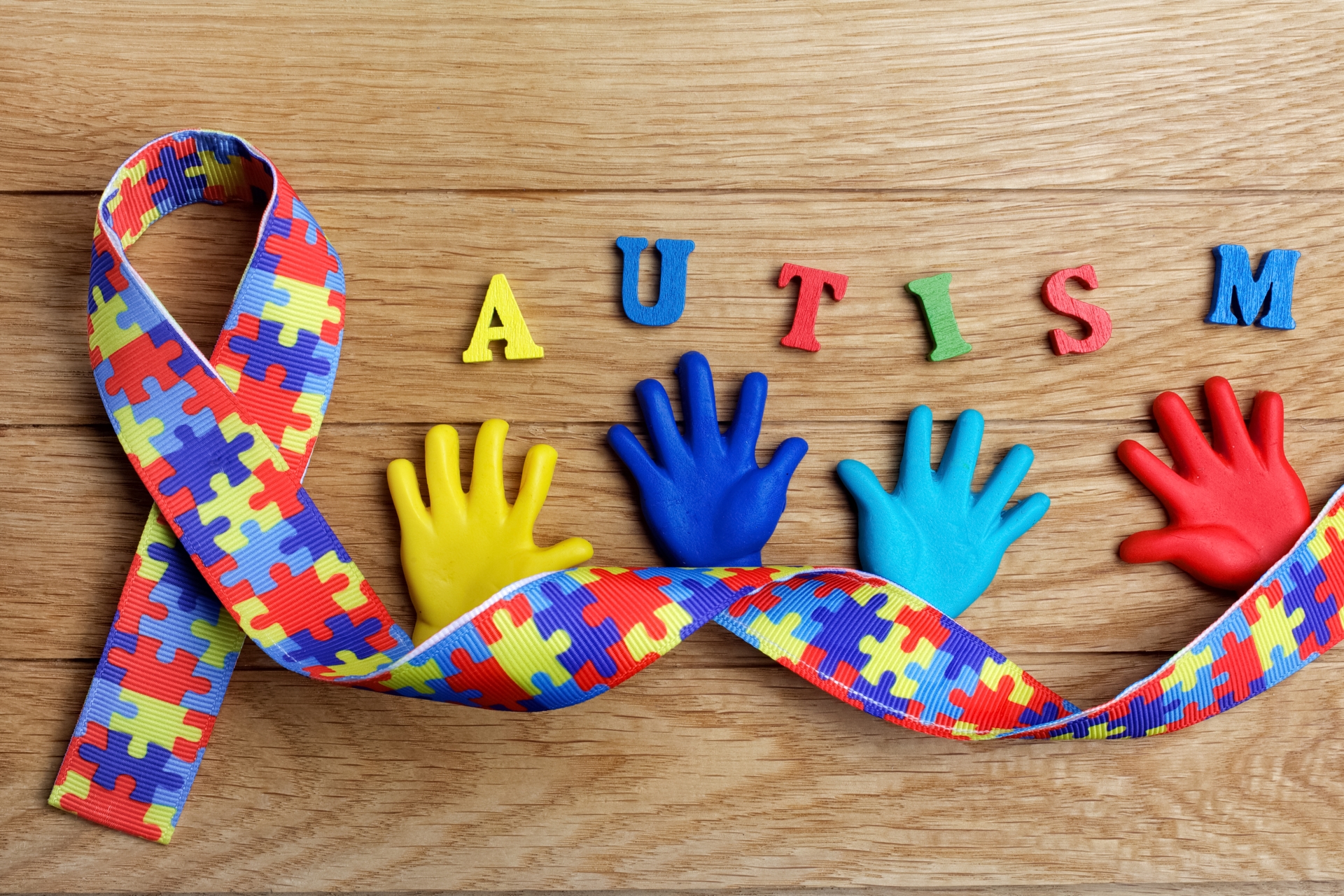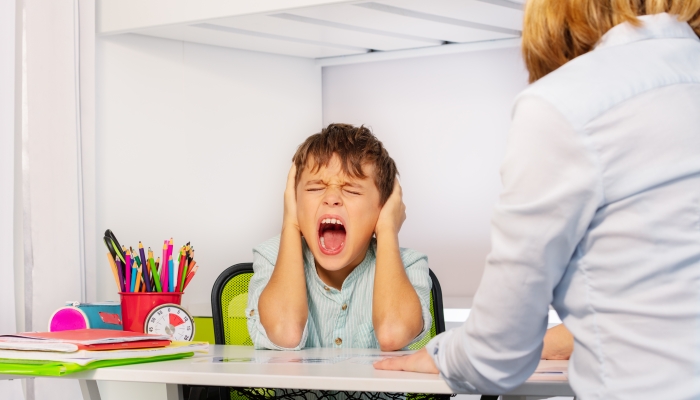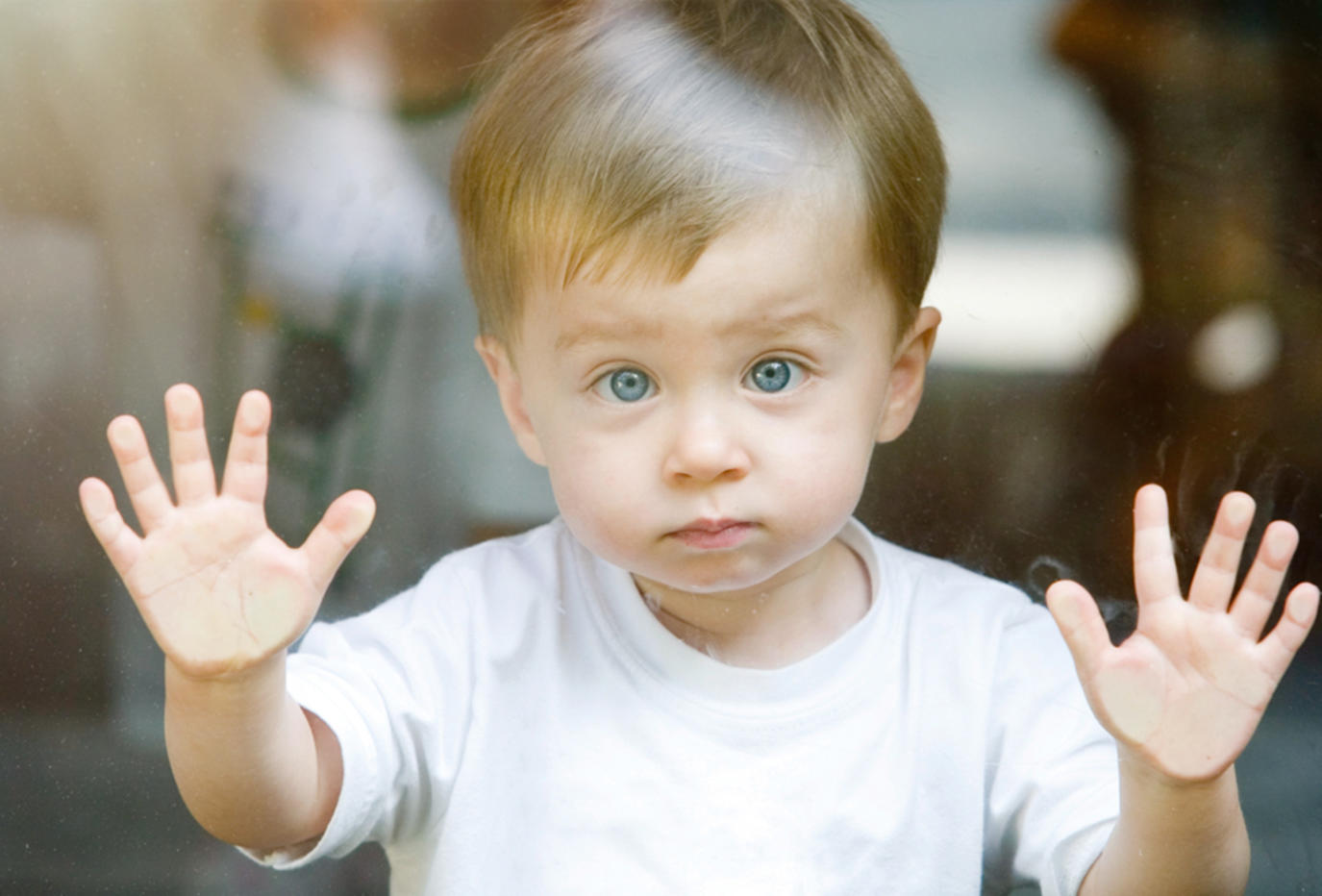Everything You Need to Know About Autism
Author : Dr.Tulika | 27 Dec 2023

What is Autism?
Autism is a collection of illnesses characterised by difficulty with social skills, repetitive behaviours, speech, and nonverbal communication. It is also known as an autism spectrum disorder (ASD). Autism affects 1 in 44 children in the United States today, according to the Centers for Disease Control.
What are the symptoms of Autism?
Symptoms in autism can be divided into core symptoms and associated symptoms.
Core symptoms of ASD are:
● Delayed language skills
● Delayed social and communication skills
● Repetitive behaviours or insistence on sameness
● Sensory issues
Associated symptoms in ASD:
● Cognitive or learning skills that are delayed
● Hyperactive, impulsive, and/or inattentive behaviour
● Seizures
● Unusual sleeping and eating patterns
● Problems with the digestive system (e.g., constipation)
● Mood swings or emotional reactions that are out of the ordinary
● Anxiety, tension or restlessness
● Fearlessness or more than expected fear
It's crucial to remember that children with ASD may or may not exhibit all of the behaviours described below.
Reasons for Autism
Autism has multifactorial causes. The following are some hypothesised ASD risk factors:
● Family history of autism
● certain Mutations in the human genome
● Other genetic abnormalities, such as fragile X syndrome
● being the child of elderly parents
● low weight at birth
● metabolic disorders
● Exposure to heavy metals and toxins in the environment
● A mother’s medical history of viral illnesses
● Valproic acid or thalidomide exposure during pregnancy
Both genetics and environment can influence whether a person gets ASD, according to the National Institute of Neurological Disorders and Stroke (NINDS)
Autism in Children
Children with autism may not meet developmental milestones at the same time as their classmates, or they may lose previously gained social or linguistic abilities. Presentation can vary significantly among individuals.
A 2-year-old without autism, for example, could be interested in basic pretend play
OR
A 4-year-old with autism may enjoy engaging in activities with other children.
OR
It may be difficult or impossible for an autistic child to interact with others.
Children with autism may also exhibit repetitive habits, have trouble sleeping, or eat nonfood objects excessively. They may struggle to thrive in an unstructured environment or without a consistent schedule.
If your child is autistic, you may need to work closely with their teachers to help them succeed in school.
Autism and Exercise
Certain activities may be beneficial to autistic children in reducing frustrations and boosting general well-being.
Engage them in any physical activity that they enjoy. Both walking and simply having fun on the playground are terrific possibilities.
Swimming and other in-water activities may be used as both a form of exercise and a kind of sensory play. Sensory play activities can help autistic people who have trouble processing information from their senses.
For youngsters with autism contact sports can be challenging. Instead, other forms of demanding yet strengthening activities might be promoted. Start with these activities for kids, such as arm circles and star leaps.
Types of Autism Spectrum Disorders
Once upon a time, these categories were regarded to constitute distinct disorders. They now come within the category of autism spectrum disorders, which includes:
● Asperger's syndrome: These kids don't have a problem with language; in fact, on IQ tests, they tend to score in the average or above-average range. However, they have social challenges and a narrow variety of interests.
● Autistic disorder: When most people hear the word "autism," they immediately think of this. It relates to social interaction and communication, issues in children as young as under the age of three.
● Childhood Disintegrative Disorder: For at least two years, the development is normal, but eventually the child loses part or all of their speech and social abilities.
● Pervasive developmental disorder (PDD or atypical autism): If your kid exhibits some autistic behaviour, such as impairments in social and communication skills, but does not fall into another group, your doctor may use this phrase.
Treatment of Autism
Autism has no known cure. However, for a kid with autism, early therapy can make a significant impact in their development. If you suspect your kid has ASD, contact your doctor as soon as possible.
There cannot be one line of treatment for everyone. Your doctor should create a treatment plan specifically for you or your kid. The following are the two primary types of treatments:
● Structure and organisation can be improved using behavioural and communication treatment. One of these therapies is applied behaviour analysis (ABA), which encourages positive conduct while discouraging negative behaviour.
● Occupational therapy can help with everyday chores including dressing, eating, and social interaction. Sensory integration treatment may benefit someone who has issues with being touched, seeing, or hearing.
● Speech therapy helps people enhance their communication abilities.
● Medications to treat ASD symptoms such as hyperactivity, anxiety, and focus issues.
Complementary therapies may help some persons with autism improve their cognitive and communication abilities. Music, art, and animal therapy, such as horseback riding and even swimming with dolphins, are examples of complementary treatments.
Autism Awareness Day
April 2nd is known as World Autism Awareness Day. In the United States, April is also known as Autism Awareness Month. Many community activists, however, have correctly stated that ASD awareness should be raised all year, not only for 30 days. The Autism Society of America and other organisations have recommended making April Autism Acceptance Month.
Acceptance of autism involves compassion and an understanding that each person's ASD is distinct. Some treatments and strategies may work for some people but not for others. Parents and caregivers may have opposing viewpoints on how to effectively advocate for an autistic kid. Awareness is the first step in understanding autism and autistic people, but it is only the beginning.
What is the prognosis for autistic individuals?
Early and rigorous behavioural assistance is a key component of the most effective therapy. The earlier a youngster is engaged in these programmes, the higher his or her chances are of succeeding.
Keep in mind that ASD is a complicated condition. Finding the right support programme for an autistic individual, whether a kid or an adult, takes time.


